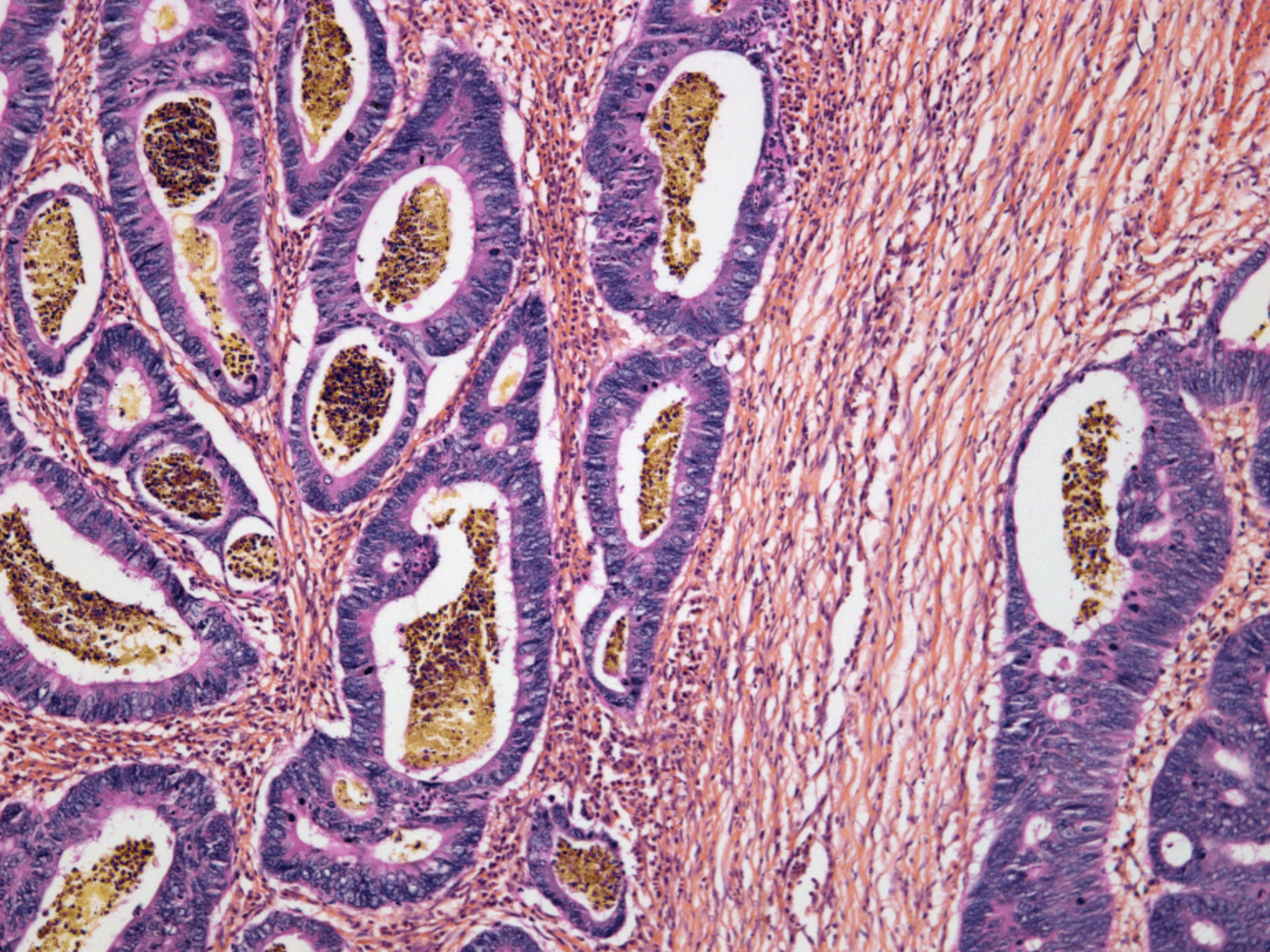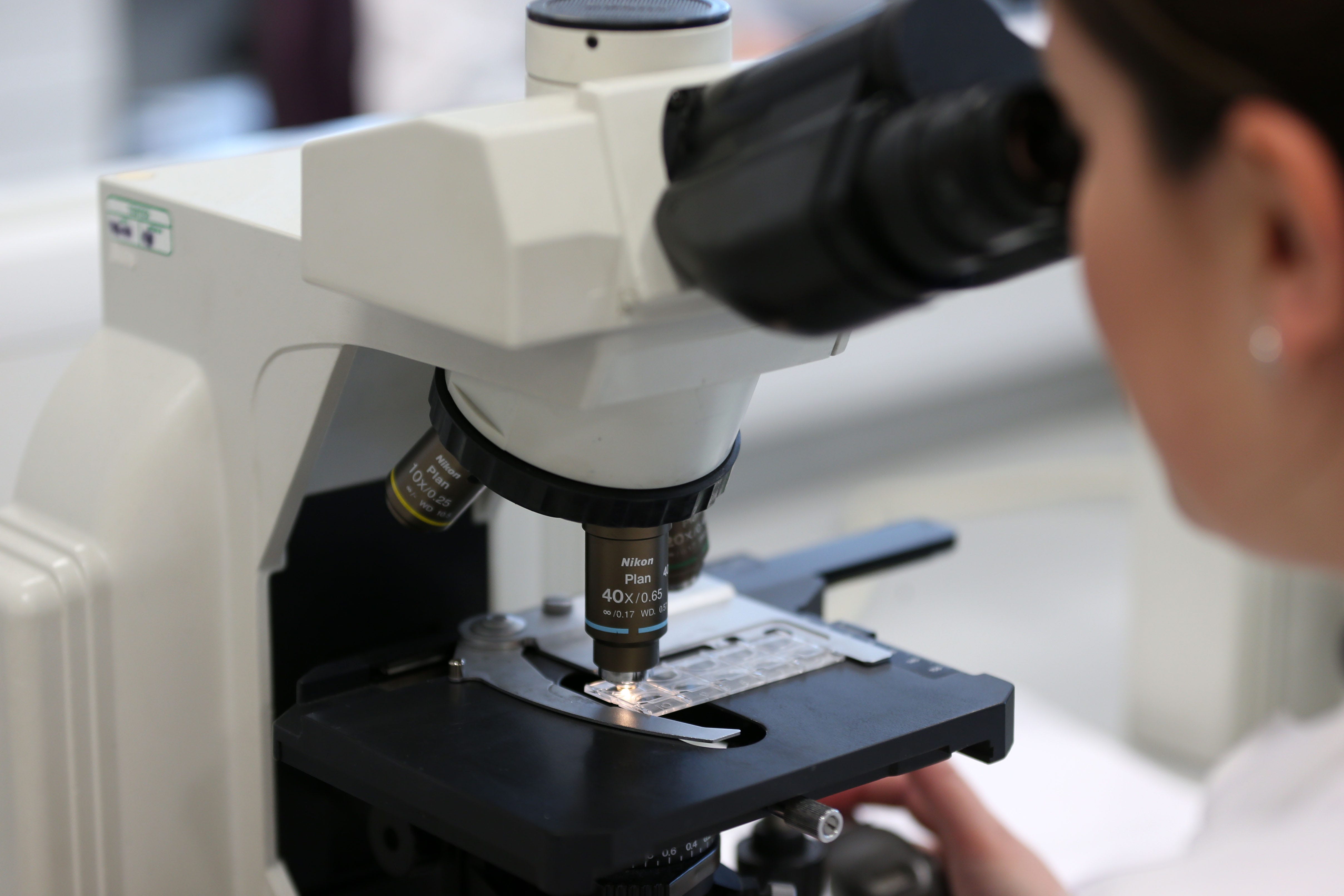Mystery surrounds why bowel cancer in young people is rising so sharply in England
Experts believe ultra-processed foods, obesity and a lack of exercise are playing a role in the increase in bowel cancer

Your support helps us to tell the story
From reproductive rights to climate change to Big Tech, The Independent is on the ground when the story is developing. Whether it's investigating the financials of Elon Musk's pro-Trump PAC or producing our latest documentary, 'The A Word', which shines a light on the American women fighting for reproductive rights, we know how important it is to parse out the facts from the messaging.
At such a critical moment in US history, we need reporters on the ground. Your donation allows us to keep sending journalists to speak to both sides of the story.
The Independent is trusted by Americans across the entire political spectrum. And unlike many other quality news outlets, we choose not to lock Americans out of our reporting and analysis with paywalls. We believe quality journalism should be available to everyone, paid for by those who can afford it.
Your support makes all the difference.There has been a sharp rise in bowel cancer in young people in England, a new study has found.
Rates are now rising more sharply in England than in many other countries around the world, a study has found.
Early onset bowel cancer in those aged 25 to 49 is increasing globally, but England is among the countries with the biggest rise, averaging a 3.6% increase every year, researchers calculated.
Studies are ongoing to work out why more younger people are developing bowel cancer, but experts believe poor diet, more ultra-processed foods, obesity and a lack of exercise are playing a role.
Michelle Mitchell, chief executive of Cancer Research UK, said: “This flagship study reveals that increasing rates of early onset bowel cancer, affecting adults aged 25 to 49, is a global issue.
“Concerningly, this research has revealed for the first time ever that rates are rising more sharply in England than in many other countries around the world.
“A cancer diagnosis at any age has a huge impact on patients and their families – so while it’s important to note that rates in younger adults are still very low compared to people over 50, we need to understand what’s causing this trend in younger people.”
Main symptoms of bowel cancer
According to the NHS
Symptoms of bowel cancer may include:
- changes in your poo, such as having softer poo, diarrhoea or constipation that is not usual for you
- needing to poo more or less often than usual for you
- blood in your poo, which may look red or black
- bleeding from your bottom
- often feeling like you need to poo, even if you’ve just been to the toilet
- tummy pain
- a lump in your tummy
- bloating
- losing weight without trying
- feeling very tired for no reason
Bowel cancer can cause anaemia (when you have fewer red blood cells than usual), which can make you feel very tired, short of breath and have headaches.
The study, published in the journal Lancet Oncology, found bowel cancer rates in young people rose in 27 out of the 50 countries studied in the decade to 2017.
Researchers from the American Cancer Society, who led the findings, said the rise in early onset cancers is no longer limited to high-income Western countries but is now a “global phenomenon”.
They found the “steepest inclines” in early bowel cancer incidence were found in Chile (4% annual rise on average), New Zealand (4%), Puerto Rico (3.8%) and England (3.6%).
They added: “The rise in colorectal cancer was confined to the younger age group (25-49 years) in 14, primarily high-income, Western countries (Australia, Canada, France, Germany, Ireland, New Zealand, Norway, Slovenia, England, Scotland, and the USA), and also in Argentina, Israel, and Puerto Rico.”

Young women were found to have faster increases in early bowel cancer rates than men if they lived in England, Norway, Australia, Turkey, Costa Rica and Scotland.
Furthermore, in contrast to the increasing rates in younger adults, bowel cancer rates tended to remain stable or were falling in older adults in many countries, including England, partly due to the effectiveness of cancer screening programmes.
Dr Hyuna Sung, senior principal scientist at the American Cancer Society, said: “The global scope of this concerning trend highlights the need for innovative tools to prevent and control cancers linked to dietary habits, physical inactivity, and excess body weight.
“Raising awareness of the trend and the distinct symptoms of early-onset colorectal cancer (eg rectal bleeding, abdominal pain, altered bowel habits, and unexplained weight loss) among young people and primary care providers can help reduce delays in diagnosis and decrease mortality.”
Cancer Research UK stressed bowel cancer rates in younger adults are still low, with only around one in 20 bowel cancers in the UK diagnosed in people aged under 50.
Data provided by the charity up to 2019 suggests bowel cancer has seen a 52% increase in incidence rates for adults aged 25 to 49 since the early 1990s.
There are around 2,600 new bowel cancer cases in people aged 25-49 in the UK every year and around 44,100 new cases among all ages.
Join our commenting forum
Join thought-provoking conversations, follow other Independent readers and see their replies
0Comments